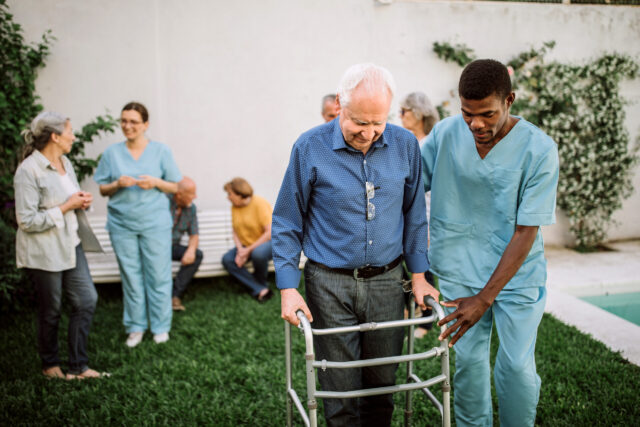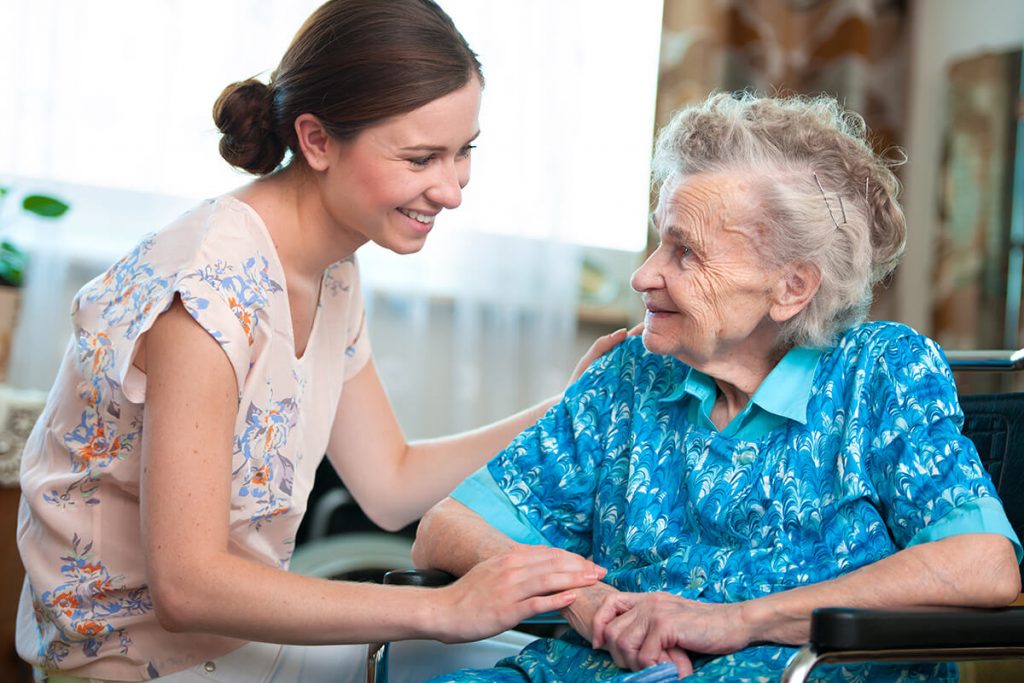
As your parents reach their 70s and 80s, you might start noticing a slight shift in their behavior. They’re not as active as they used to be, and they probably require your help and assistance on a daily basis.
Of course, there’s a difference between seniors who are unable to live by themselves and those who just need some help from time to time. Make sure to observe your parents carefully to deduce whether they can benefit from assisted living or not.
In this article, we’ll help you out a bit by providing you with the most common signs your parent might be incapable of living alone.
So, without any further ado, let’s get to the bottom of it!
1. Their home is getting messy
Have you noticed that your parent’s home, apartment, or even room is getting increasingly messy every time you visit? If your parent cannot take care of their surroundings, chances are they can’t take care of themselves either. All of this especially goes if your parent is normally quite tidy and organized. Besides, an untidy environment could be potentially dangerous/unhealthy, specifically when it comes to seniors.
Don’t ignore this, but instead talk to your parent and consider the possibility of assisted living or even a senior home (if the issue is severe). Meanwhile, make sure you help them out with house chores and other activities as much as you can, and don’t hesitate to hire a maid if need be.

2. They’ve gained/lost weight
While small fluctuations in weight are nothing to worry about, severe weight loss/gain are certain signs something is wrong with your parent. It could be a symptom of many different things, so make sure you get them to see a doctor first.
Once you get some medical advice, keep an eye on your parent and ensure they’re eating properly. If you’re not able to do this every day, consider assisted living to help your parent continue to live a long, healthy life.
Again, small changes in their weight are usually nothing to worry about. Our metabolism changes as we get older, and so does our weight. However, once that change becomes too drastic, or it’s way too sudden, it might be a sign your parent isn’t capable of living independently anymore.
3. They forget about taking their medications
Everyone forgets things sometimes, it’s nothing overly alarming. However, when it comes to important events and responsibilities, those things shouldn’t happen every day. So, if your dad forgot to take his medications once or twice this week, keep an eye on him throughout the following days. If it continues to happen and it becomes overly frequent, leaving your parent alone might not be the safest solution.
The best option would be to start searching for an assisted living facility such as www.siennaliving.ca in your local area. If your parent refuses to go, make sure you monitor them as much as you can. Acquire their medication-taking schedule and always remind them to take their meds.
Again, providing you already lead a busy life on your own, being a full-time caretaker might not be a possibility right now. In that case, try your best to persuade your parent to accept professional assistance. Professional nurses and caretakers can help your parent feel comfortable and happy while they’re staying at the facility, so don’t hesitate to give it a shot.

4. Bruising
If you’ve started noticing some subtle bruises and scratches on your parent’s body, it might be an indicator that they’ve been falling. Question those as soon as you notice them, and don’t hesitate to call your doctor.
If your parent has issues with their sight or balance, they could end up seriously injuring themselves once left alone. Make sure you keep an eye on them at all times and don’t forget to seek professional assistance if need be. The last thing your parent needs is a serious injury. When you reach old age, your body becomes less resilient to injury, so even the slightest fall can break a bone.
Again, if you’re afraid that your parents could potentially hurt themselves once they’re left alone, it’s a certain sign you need to contact a senior care facility as soon as you can.
5. Your doctor is telling you
If your parents suffer from any illnesses or chronic diseases, they’re likely to require professional attention on a daily basis. Once your doctor starts talking about assisted living, you’ll know it’s time to do it. Your doctor knows and recognizes serious threats to your parents’ health you may be missing.
Make sure you do your research, though. Not all senior care facilities are built the same, so keep on searching until you find something worthy of your parent. Read up on every online review you can find, seek assistance from friends and family, and ultimately, ask your doctor.
6. Odd mood swings

Has your parent’s general mood changed in the past couple of months? Do they seem less cheery, or more aggressive? Is there anything you’d find “odd” in their current behavior? Moreover, are they still enjoying their usual hobbies and interests?
You know your parents better than anyone, so you’ll be the first one to notice when something weird is going on with them. Again, as soon as you notice that your parent isn’t taking care of themselves properly, it’s time to consider professional senior care services that will put your mind at ease all while providing your parent with the care they need at the same time.
The bottom line
We all want the best for our parents, and “giving them up” for an assisted living/senior home can sometimes feel selfish and wrong. However, the right care facilities can provide your aging parents with many things you don’t have the tools, training nor skills to provide. Besides, assisted living programs to emphasize individuality and independence, which is perfect for more active seniors.
Overall, we hope our list helped you decide how to assist your aging parents and provide them with the right care to keep them comfortable and safe for days to come.
Do you or a loved one need help? Click here to find the best senior living arrangement.







